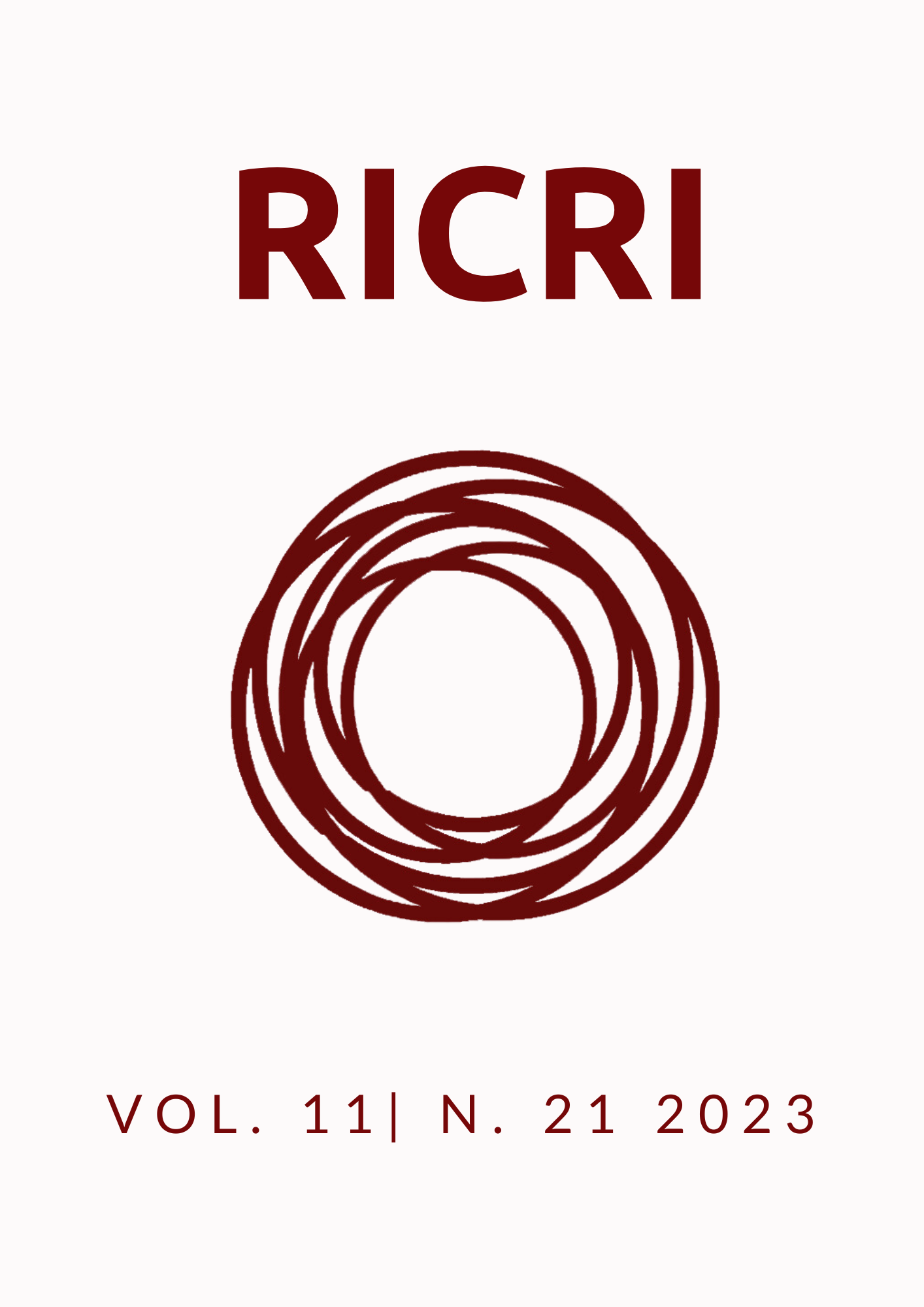THE GLOBAL FAR-RIGHT AND THE BOLSONARO GOVERNMENT
AN ANALYSIS OF IDEOLOGICAL INTERCONNECTIONS
DOI:
https://doi.org/10.22478/ufpb.2318-9452.2023v11n21.67093Abstract
In the contemporary international scenario, the rise of the global far-right has resulted in comprehensive impacts worldwide. This article proposes an investigation of this phenomenon within the Brazilian context, adopting the methodology of Network Analysis, supported by computational tools such as Gephi, to examine the ideological interconnections between the global far-right and the government of Jair Bolsonaro. The research aims to understand the characteristics, motivations, and potential implications of this complex relationship. Based on the concept of "far-right" developed by Cas Mudde, this study seeks to analyze the nature of this political phenomenon and its influence on the Bolsonaro government's administration. In this sense, the relevance of this work lies in its meticulous analysis of this relationship, providing a critical understanding of 21st-century political and ideological trends, as well as contributing to an informed debate on contemporary challenges.
Downloads
Published
How to Cite
Issue
Section
License
Copyright (c) 2023 Journal of Scientific Initiation on International Relations

This work is licensed under a Creative Commons Attribution-NonCommercial 4.0 International License.
Authors who publish with this journal agree to the following terms:
a. Authors retain copyright and grant the journal right of first publication with the work simultaneously licensed under a Creative Commons Attribution License that allows for sharing of work with acknowledgment of its initial publication in this journal.
b. Authors are able to take on additional contracts separately for non-exclusive distribution of the version of the work published in this journal (e.g., post it to an institutional repository or as a book), with an acknowledgment of its initial publication in this journal.
c. Authors are permitted and encouraged to post their work online ( eg, in institutional repositories or on their website) at any point before or during the submission process, as it can lead to productive exchanges , as well as increase the impact and citation of published work ( See the Effect of Open Access).




